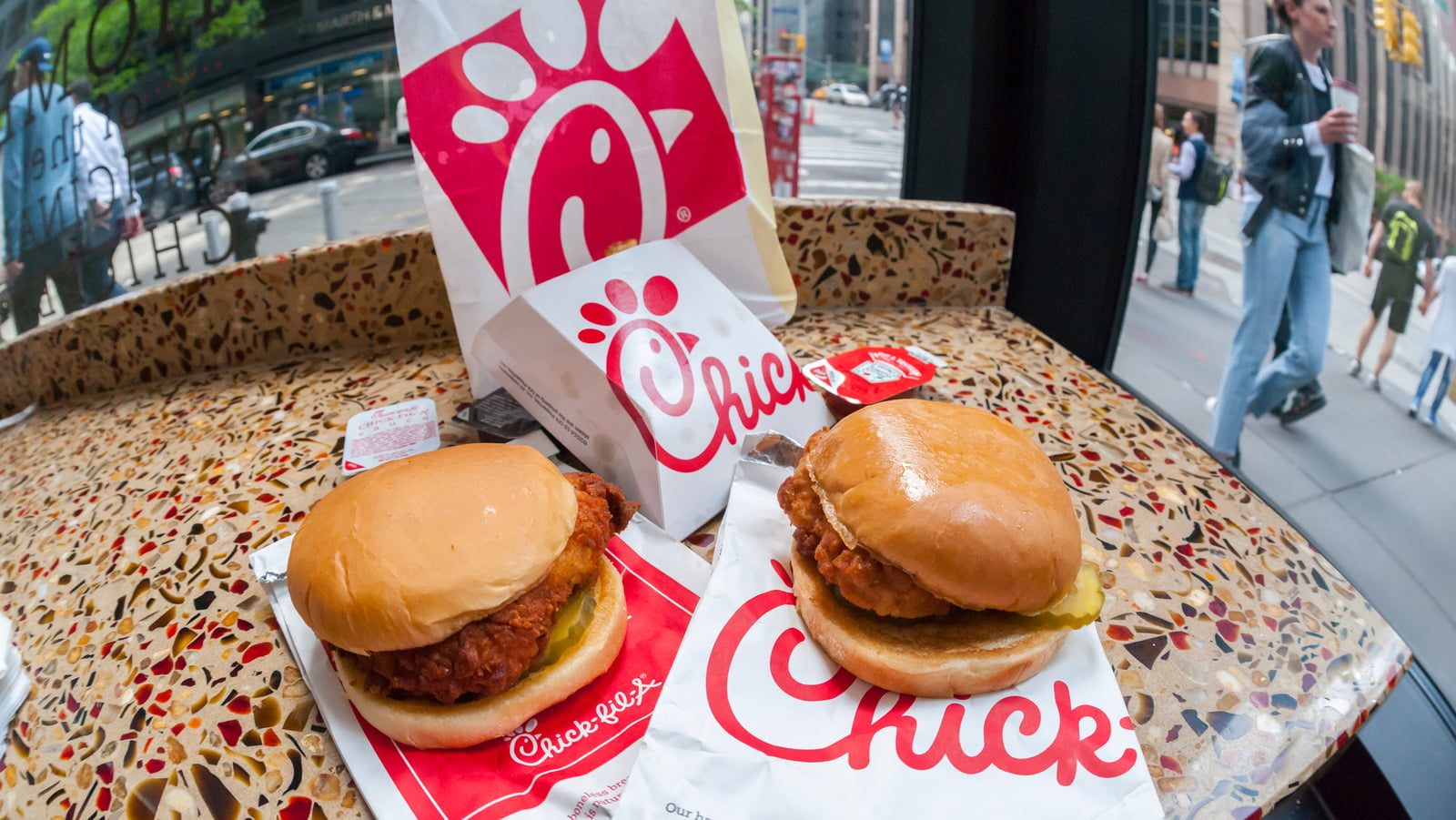In a surprising twist, the vast American fast-food chain Chick-fil-A has announced that it will change its chicken sourcing policy, causing a stir in the public. The company, which was once praised for providing antibiotic-free chickens, now intends to modify this and has received flak from all corners of social media.
Policy Shift
The new Chick-fil-A rules contrast with its past efforts to use chicken reared without antibiotics called “No Antibiotics Ever” (NAE) by embracing a lower standard known as “No Antibiotics Important to Human Medicine” (NAIHM). This decision will take effect beginning in Spring 2024 across all Chick-fil-A restaurants in Canada, Puerto Rico, and the United States. It stated that this is aimed at guaranteeing that they continue getting the best quality poultry their customers are accustomed to. However, this explanation has not been well-received by some of its clientele as well as a considerable number among the general public who have expressed concerns about the broader implications of such policy changes.
Public Reaction

The announcement on social media has invoked a storm of complaints from different circles. Many are airing their dissatisfaction and worry about the potential health hazards tied to eating chickens raised with antibiotics not medically necessary for human beings in terms of medication. They fear that this might encourage the development of drug-resistant bacteria, which poses a significant threat to public health. The reaction reflects consumers’ growing demand for transparency and liability from food firms as concerns their sourcing practices and the impact these have on population health as well as environmental sustainability.
Company Response
Meanwhile, Chick-fil-A has justified its move by citing quality reasons, among others, necessitating a change of policies to ensure an uninterrupted supply chain of high-quality poultry meat. However, it remains an uphill task for the company to win over doubting clients who question its new stance. This dispute underscores the complexities at play around food production, the use of antibiotics, and what they mean in relation to consumer expectations after COVID-19.
Chick-fil-A’s policy change indicates a significant departure from its previous approach to food quality and safety, which has brought about a dialogue on the role of eateries in promoting sustainability and healthful eating. Broader implications for the fast-food sector and public health are yet unknown as the company tries to manage the fallouts from this decision.









